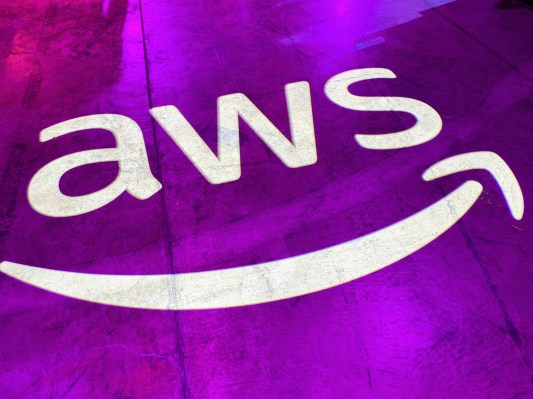On Tuesday Amazon launched a new service called Deadline Cloud that lets customers set up, deploy and scale up graphics and visual effects rendering pipelines on AWS cloud infrastructure. The new service, which is geared toward the media and entertainment industry, was timed for the National Association of Broadcasters conference in Las Vegas that kicks off later this month.
Using Deadline Cloud, customers in media and entertainment as well as architecture and engineering can use AWS compute to render content for TV shows, movies, ads, video games and digital blueprints, said AWS GM of creative tools Antony Passemard.
In other words, AWS is betting on increasing demand for tools that help media, entertainment and other execs navigate the ins and outs of cloud-based rendering.
“We’re at a tipping point in the industry where demand for rendering quality VFX and the amount of content created using generative AI are outpacing customers’ [compute] capacity,” Passemard added in a blog post. “AWS Deadline Cloud meets any customer’s rendering requirements by providing a scalable render farm without having to manage the underlying infrastructure.”
A startup wizard in Deadline Cloud walks customers through the process of setting up a render farm, including providing the size and duration of their projects to determine instance type and configuring permissions. Deadline Cloud then provisions Amazon Elastic Compute Cloud instances and manages the network and compute infrastructure. And — for customers with on-premises compute — Deadline Cloud integrates with this compute and uses it to execute rendering jobs.
Deadline Cloud’s dashboard provides a view to analyze logs, preview in-progress render jobs and review and control costs. With Deadline Cloud, customers can link their own third-party software licenses with the service or leverage usage-based licensing for rendering with existing rendering tools (e.g., Autodesk Maya, Foundry Nuke, and SideFX Houdini) and engines.
“[With Deadline Cloud,] creative teams can embrace the velocity of content pipelines and respond quickly to opportunities to accept more projects, while meeting tight deadlines and delivering high-quality content,” Passemard continued.
Deadline Cloud is now available in the U.S. East (Ohio, North Virginia), U.S. West (Oregon), Asia Pacific (Singapore, Sydney, Tokyo), and Europe (Frankfurt, Ireland) AWS server regions.
Cloud-based rendering is nothing new. Back in 2015, Google made a splash in the space with the acquisition of Zync, whose technology has since been used to launch Google Cloud–powered visual effects tooling in partnership with Sony’s animation studio, Sony Pictures Imageworks. Elsewhere, platforms like Arch and Chaos Cloud have provided on-demand cloud-based VFX infrastructure for years.
But the COVID-19 pandemic accelerated VFX workloads’ move to the cloud as the cost of maintaining hardware — and the space to store it — increased while work simultaneously dwindled, the result of work-from-home mandates and health-related shutdowns of productions. As Passemard alluded to, the rise of generative AI has fueled the demand for rendering hardware, too, and has led to the creation of entirely new cloud-based, GPU-accelerated providers.
